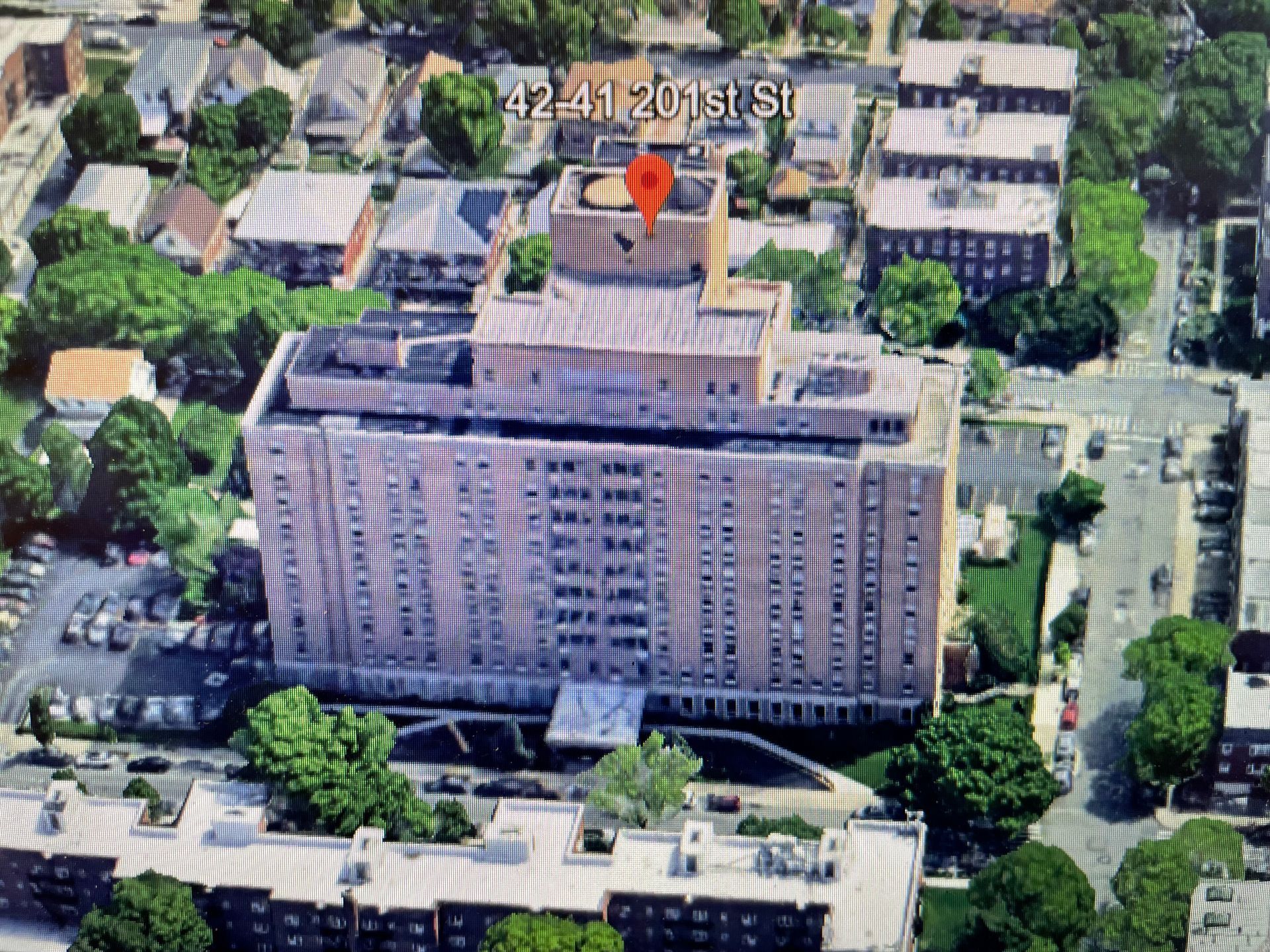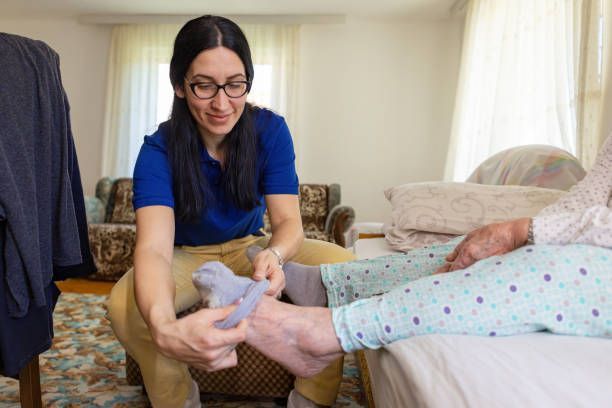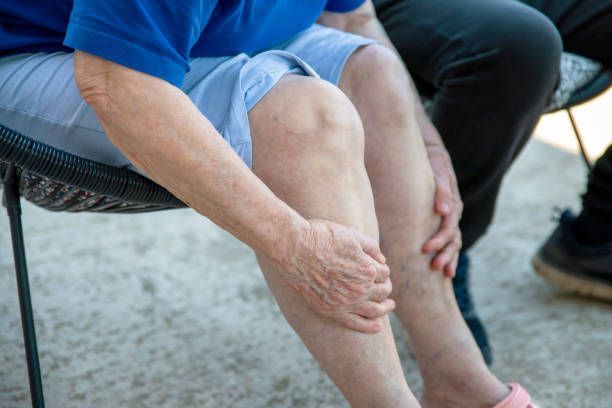Understanding the 5 Behavioral Triggers in Alzheimer’s
Understanding the 5 Behavioral Triggers in Alzheimer's
Behavioral changes in Alzheimer’s disease are often triggered by five primary factors: environmental, physiological, emotional, social, and task-related triggers. Environmental triggers stem from changes or challenges in surroundings, such as loud noises or unfamiliar settings, which can cause confusion and agitation. Physiological triggers are related to unmet physical needs, such as pain, hunger, fatigue, or medication side effects, leading to restlessness or aggression. Emotional triggers arise from feelings of fear, frustration, loneliness, or insecurity, often resulting in anxiety or withdrawal. Social triggers, including overstimulation in large groups or isolation from meaningful interactions, can further exacerbate distress. Lastly, task-related triggers occur when individuals face difficulties with activities that are too complex or unfamiliar, leading to frustration or resistance. Recognizing and addressing these triggers is essential for caregivers to create a supportive and nurturing environment, improving the quality of life for individuals with Alzheimer’s.
7 Day Home Care is a licensed home care agency providing specialized Alzheimer's and dementia care near you in Manhattan, Queens, Brooklyn, Nassau County, and Suffolk County, New York. Contact us today at 516-408-0034 to learn how we can support your loved one’s needs.

Alzheimer’s Disease is a Progressive Neurodegenerative Condition
Alzheimer’s disease is a progressive neurodegenerative condition that not only affects memory and cognition but also leads to significant behavioral changes. These changes can be challenging for caregivers and loved ones, often requiring a deep understanding of what triggers these behaviors to manage them effectively.
Behavioral triggers in Alzheimer’s can be categorized into five types: environmental, physiological, emotional, social, and task-related triggers. By identifying and addressing these triggers, caregivers can minimize distress and improve the quality of life for individuals living with Alzheimer’s.
This article explores the five types of behavioral triggers, their impact on Alzheimer’s patients, and actionable strategies for caregivers.
What Are Behavioral Triggers in Alzheimer’s?
Behavioral triggers are stimuli that provoke a reaction, such as agitation, aggression, wandering, or withdrawal, in individuals with Alzheimer’s. As verbal communication skills decline, behaviors often become the primary way individuals express their needs or discomfort.
Understanding these triggers is crucial because it allows caregivers to address the root cause of the behavior rather than just the symptoms.
1. Environmental Triggers with Alzheimer's
Environmental factors often play a significant role in behavioral changes. The brain’s ability to process and adapt to surroundings diminishes in Alzheimer’s patients, making them more sensitive to environmental conditions.
Common Environmental Triggers:
• Overstimulation: Noisy or crowded environments can overwhelm the senses.
• Unfamiliar settings: Changes in routine or location may cause confusion and anxiety.
• Lighting issues: Poor lighting or shadows can lead to misinterpretation of surroundings.
• Extreme temperatures: Being too hot or too cold can cause discomfort.
Strategies to Manage Environmental Triggers:
• Simplify the environment: Remove clutter and create a calm, organized space.
• Control noise levels: Limit loud sounds or background noise.
• Maintain consistency: Avoid unnecessary changes to the individual’s routine or surroundings.
• Use adequate lighting: Ensure rooms are well-lit, with minimal glare and shadows.
A well-structured environment can reduce confusion and agitation, helping individuals feel more secure.
2. Physiological Triggers with Alzheimer's
Physical discomfort or unmet bodily needs can lead to behavioral changes. Many Alzheimer’s patients have difficulty communicating their pain or discomfort, which can manifest as agitation or aggression.
Common Physiological Triggers:
• Pain or illness: Conditions such as arthritis, infections, or dental issues can cause distress.
• Medication effects: Side effects, interactions, or incorrect dosages can impact mood and behavior.
• Hunger or dehydration: A lack of food or water can lead to irritability or restlessness.
• Fatigue: Poor sleep quality or exhaustion can exacerbate behavioral symptoms.
Strategies to Manage Physiological Triggers:
• Schedule regular check-ups: Ensure underlying health conditions are treated.
• Monitor medications: Review prescriptions with healthcare providers to avoid adverse effects.
• Address basic needs: Offer snacks, encourage hydration, and provide opportunities for rest.
• Promote sleep hygiene: Create a bedtime routine and minimize nighttime disturbances.
By addressing physical discomfort, caregivers can reduce many of the challenging behaviors associated with Alzheimer’s.
3. Emotional Triggers with Alzheimer's
Emotional triggers often arise from feelings of fear, frustration, or insecurity. Alzheimer’s affects an individual’s ability to process and regulate emotions, making them more vulnerable to stress.
Common Emotional Triggers:
• Fear of the unknown: Unfamiliar situations or people can cause anxiety.
• Frustration: Difficulty completing tasks or expressing thoughts may lead to anger.
• Loneliness: A lack of social interaction can result in depression or withdrawal.
• Loss of control: Feeling dependent on others may provoke irritability.
Strategies to Manage Emotional Triggers:
• Provide reassurance: Use a calm and comforting tone to ease anxiety.
• Encourage familiar routines: Familiar activities can provide a sense of stability.
• Simplify tasks: Break tasks into manageable steps with clear instructions.
• Foster connection: Engage in activities that promote bonding, such as looking at photos or listening to music.
Emotional triggers often require a compassionate and patient approach to help individuals feel understood and supported.
4. Social Triggers with Alzheimer's
Social interactions, or the lack thereof, can significantly influence behavior. Alzheimer’s patients may find certain social situations overwhelming, while isolation can lead to loneliness and depression.
Common Social Triggers:
• Overcrowding: Large gatherings or too many visitors can be overstimulating.
• Negative interactions: Arguments, criticism, or impatience from others can provoke agitation.
• Isolation: A lack of meaningful engagement can result in withdrawal or apathy.
• Unfamiliar people: Interacting with strangers may cause confusion or fear.
Strategies to Manage Social Triggers:
• Limit group sizes: Opt for small, intimate gatherings over large events.
• Encourage positive interactions: Focus on patience, kindness, and active listening.
• Provide companionship: Spend quality time engaging in meaningful activities.
• Introduce visitors gradually: Give the individual time to adjust to new people.
Balancing social interaction is key to reducing stress while fostering meaningful connections.
5. Task-Related Triggers with Alzheimer's
Tasks that were once simple can become challenging or overwhelming for individuals with Alzheimer’s. This can lead to frustration, anger, or refusal to participate.
Common Task-Related Triggers:
• Complex instructions: Multi-step directions may confuse or frustrate the individual.
• Unfamiliar activities: New tasks can feel intimidating or overwhelming.
• Time pressure: Feeling rushed may increase anxiety or resistance.
• Perceived failure: Difficulty completing tasks can result in frustration or withdrawal.
Strategies to Manage Task-Related Triggers:
• Simplify instructions: Break tasks into smaller, step-by-step actions.
• Be patient: Allow extra time for the individual to complete activities.
• Provide encouragement: Offer praise and reassurance to boost confidence.
• Focus on strengths: Tailor tasks to the individual’s abilities and interests.
Creating a supportive environment for task completion can help individuals feel empowered rather than discouraged.
How Caregivers Can Identify Behavioral Triggers with Alzheimer's
Identifying triggers requires careful observation and documentation. Here’s how caregivers can pinpoint the causes of behavioral changes:
1. Keep a behavior log: Record the time, location, and circumstances of behavioral incidents to identify patterns.
2. Observe body language: Non-verbal cues, such as facial expressions or gestures, can provide insights into needs.
3. Ask for professional guidance: Work with healthcare providers or dementia care specialists for additional support.
Understanding the individual’s unique triggers is essential for developing effective care strategies.
Why Managing Alzheimer's Behavioral Triggers Matters
Behavioral changes in Alzheimer’s can be distressing for both individuals and their caregivers. By identifying and addressing environmental, physiological, emotional, social, and task-related triggers, caregivers can create a more supportive and compassionate care environment.
Alzheimer’s disease presents complex challenges, but understanding the five types of behavioral triggers can make caregiving more manageable. At 7 Day Home Care, we specialize in personalized care for individuals with Alzheimer’s and other forms of dementia. Our trained caregivers are experienced in identifying and addressing behavioral triggers to provide compassionate and effective support.
For more information, visit here or call 516-408-0034 to discuss how we can support your loved one’s recovery. 7 Day Home Care is a licensed home care agency providing services in Manhattan, Queens, Brooklyn, Nassau County, and Suffolk County, New York.
Brian Callahan
7 Day Home Care










